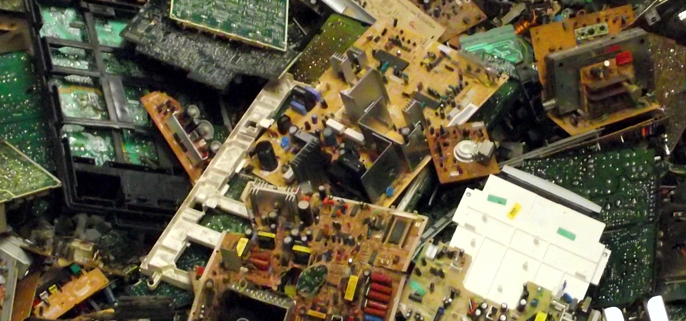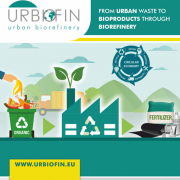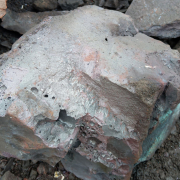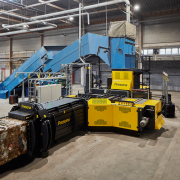Goal: First Printed Circuit Board Recycling Facility in Australia
Two funded research projects, led by Flinders University and its commercial partner, focus on mounting waste from computers and electronic devices.
The almost 1.6 million Dollar collaboration with Singapore-based company Clean Earth Technologies – backed by two major Australian Research Council Linkage Project grants awarded by the Australian Government – would help to establish a pilot printed circuit board recycling plant in Adelaide, a press release said. In this way, the production of world-leading polysulfide polymers, which assist environmental recovery, is to be ramped up. As announced, the first grant will expand the production of novel polymer technologies for oil spill remediation and slow-release fertilizers developed by the Chalker Laboratory at Flinders University in South Australia. After small-scale trials, the polysulfide polymers are set to be manufactured in ton-scale production in Adelaide for customers in Australia and overseas. A research team led by organic chemist Associate Professor Justin Chalker invented polysulfide polymers.
The second project will involve the recovery of gold, silver and palladium from e-waste and feature new recycling methods for the plastic and fiberglass in this sort of waste. “Along with taking these key products into further testing and commercial production, the e-waste Linkage Project is an important step towards developing the first printed circuit board recycling facility in Australia,” Associate Professor Justin Chalker is quoted. “Our Flinders team will facilitate the commission and operation of the recycling facility.”
The invention of several new rubber-like polysulfide materials – themselves made from waste or recycled materials – has attracted Clean Earth Technologies as a partner. Patents for the oil spill remediation and slow-release fertilizer polymers have been assigned to Singapore-based CET. According to company CEO Kevin Fell, these new products have vast applications. The next stage of these projects would involve further trials and development of the polymer to improve its effectiveness in oil spill remediation after a possible disaster.
www.flinders.edu.au
www.cleanearth.tech
(Published in GLOBAL RECYCLING Magazine 3/2021, Page 41, Photo: O. Kürth)









